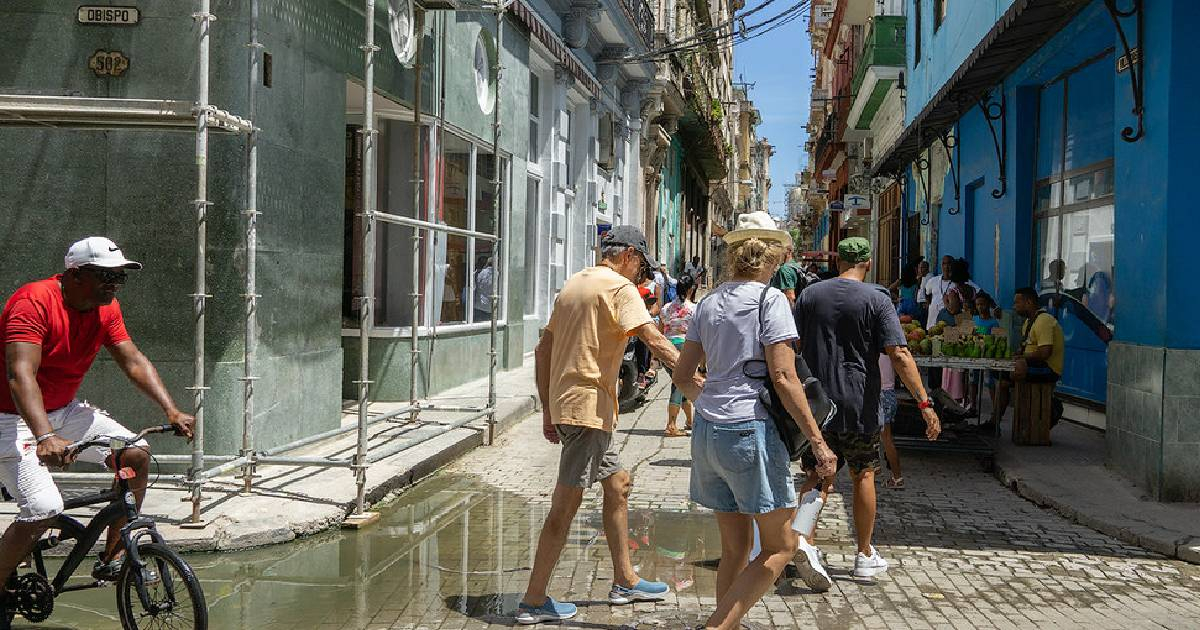
The cases of Oropouche virus imported to Europe in recent weeks through travelers, mostly from Cuba, are on the rise, and at least 19 cases have already been detected, according to data from the European Centre for Disease Prevention and Control (ECDC).
In the most recent information about the behavior of this disease, the ECDC confirmed that the number of imported cases of disease caused by the Oropouche virus in Spain has risen to 12 between June and July, all related to travel to Cuba or Brazil, reports the Efe agency.
It also reports that the virus is currently present in Italy (5) and Germany (2), with eighteen cases having a history of travel to Cuba and one to Brazil.
At the beginning of August, the ECDC confirmed the two cases of Oropouche that have been recorded in Germany, while raising the number diagnosed in Italy to four.
In mid-July, the ECDC revealed the detection of six cases of the disease in Europe: three in Spain and the same number in Italy.
The Efe report warns that the Oropouche virus is primarily transmitted to humans through the bite of insects such as the sand fly or the Culex quinquefasciatus mosquito, mainly in endemic regions.
However, it notes that the ECDC advised those traveling to endemic areas of the virus, detected in Latin America, to exercise "caution," although it acknowledged that the risk is not high.
"The risk of infection from Oropouche for those traveling or residing in epidemic areas in South America, Central America, and the Caribbean is considered moderate. However, the risk increases for those visiting heavily affected areas, especially the northern states of Brazil and the Amazon region, and for those who do not take appropriate protective measures," the organization noted.
The Oropouche virus is present in all Cuban provinces, according to Dr. Carilda Peña García, Deputy Minister of the Ministry of Public Health (MINSAP).
In an interview granted to Canal Caribe, he indicated that there is "the circulation of two arboviruses with a very similar initial evolution in patients who seek healthcare services, along with the detection of cases of Covid-19."
The situation is worsening and keeps the citizens of the island on alert, due to the fact that the Ministry of Health does not have the necessary equipment or supplies to face the disease, not even in preventive measures.
The National Director of Epidemiology of MINSAP, Francisco Durán, acknowledged that the country does not have fuel to spray against mosquitoes.
The symptoms of the disease include high fever, headaches and joint pain, general malaise, vomiting, and diarrhea, differing from dengue by the duration of the symptoms.
What do you think?
COMMENTFiled under: